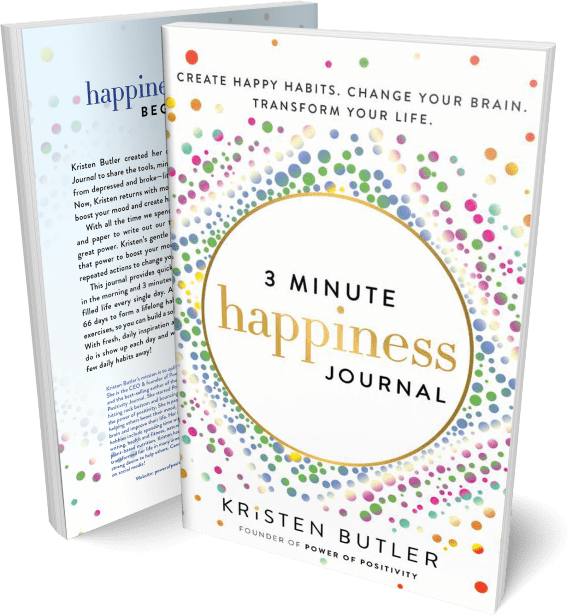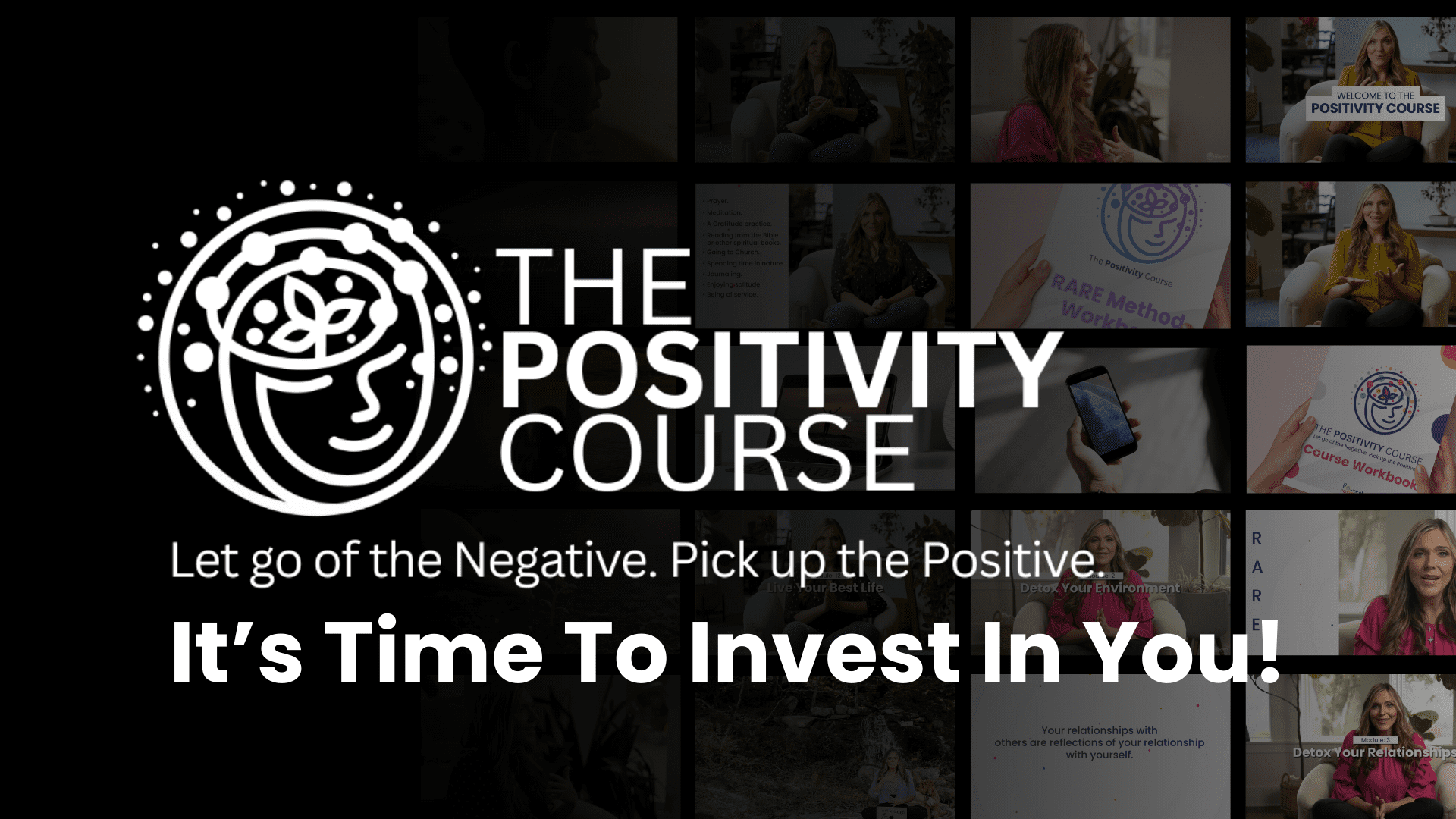It’s time to look after your own needs.
Emerging from the shadows of a toxic relationship can often leave you feeling drained, both emotionally and physically. It’s like walking through a long, dark tunnel and finally seeing a glimmer of light. That light symbolizes hope, healing, and the promise of a brighter tomorrow. But getting there requires more than time; it calls for intentional self-care.
Self-care, especially after such a draining experience, is entirely necessary. It’s about permitting yourself to prioritize your well-being and to rediscover joy in life. Understand that healing is not a linear process, and having good and bad days is perfectly okay. Your healing is deeply personal, and every small step you take towards self-care is a victory.
Throughout this journey, remember you’re not alone. Many have walked this path before you, finding ways to heal and flourish. In this guide, we’ll explore some specific, actionable self-care tips that have helped others in your situation. Read on to find some practical ways to help you on your road to recovery.
What Self-care Should You Try After Ending a Toxic Relationship?

1 – Try an At-Home Mani/Pedi
One of the simplest yet most effective ways to start reclaiming your joy is through self-pampering. Consider an at-home manicure and pedicure. It’s more than just about looking good—it’s a therapeutic process. Taking the time to focus on yourself and care for your body in a gentle, nurturing way can be incredibly uplifting. It’s a form of self-love and self-respect.
Choosing colors, the rhythmic motions of filing and painting, and the transformation of your nails can be surprisingly satisfying. It’s a way to create beauty and control in your space, which might have felt lacking in your past relationship. The boost in mood comes not just from the pampering itself but from the realization that you are worth this time and effort.
2 – Do Jigsaw Puzzles
Let’s talk about jigsaw puzzles—an underrated yet wonderful method for finding peace and regaining focus. Puzzles require patience and attention to detail. They also have a sense of order—all valuable qualities to cultivate after experiencing chaos and turmoil.
Engaging in a jigsaw puzzle is almost meditative. As you search for the right pieces and fit them together, your mind gets a much-needed break from stressful thoughts. It’s a chance to focus on the present moment, one piece at a time. This activity also gives a sense of accomplishment. Each piece you place is a small victory, a step towards completing a bigger picture—much like the journey you’re on.
Plus, puzzles can be done alone or with others, offering a flexible way to enjoy quiet time or engage in gentle social interaction. They allow you to regain control over your mental space, giving you the clarity and calmness needed in your healing process.
3 – Reading an Uplifting, Positive Book
The words we feed our minds can profoundly impact our mental health. After the turmoil of a toxic relationship, immersing yourself in an uplifting, positive book can be like a balm for the soul. Reading can transport you to different worlds, offer new perspectives, and even reshape your thoughts towards positivity and hope.
Choose books that inspire and uplift you. It could be a motivational autobiography, a light-hearted novel, or a book on personal growth. These books don’t just provide an escape; they offer insights, wisdom, and a reminder that better experiences await you. As you turn each page, allow the positive messages to seep into your consciousness, gradually replacing negative thoughts with hope and optimism.
4 – It’s Okay to Have a Pajama and Movie Day
Sometimes, the best form of self-care is simply allowing yourself to rest and enjoy. Declare a pajama and movie day. It is your permission slip to relax and indulge in some well-deserved downtime. Choose movies that make you laugh, uplift you, or inspire you. It’s all about creating a space where you can feel comforted and entertained without the pressures of daily routines.
This kind of relaxation is crucial. It’s not laziness; it’s an act of self-love. It gives your mind and body the time to recharge, which is especially important after the emotional exhaustion of a toxic relationship. So, make some popcorn, snuggle under a blanket, and lose yourself in the joy of movies. It’s a simple yet powerful way to bring some light-heartedness back into your life.
5 – Light Yoga Can Help Clear Your Mind
Doing gentle physical activity, like light yoga, can be incredibly healing for the body and mind. Yoga meshes physical poses with deep breathing and meditation, offering a holistic approach to well-being. It helps release tension, improve flexibility, and foster inner peace.
The beauty of yoga is its adaptability. Indeed, it can be as gentle or as challenging as you need it to be. As you move through various poses, focus on your breath and the sensations in your body. This mindfulness practice can bring you into the present moment, helping to alleviate worries and stress. Over time, yoga can strengthen your body and instill a sense of balance and calm in your life.
6- Taking Nature Walks
There’s something inherently healing about being in nature. Taking nature walks is an excellent way to connect with the world around you while also nurturing your mental wellness. The fresh air, the sounds of birds, the rustle of leaves underfoot – all these elements can have a calming effect on your mind.
Nature walks provide an opportunity to escape life’s chaos and find tranquility in the natural world. They offer a chance to reflect, to breathe deeply, and to enjoy the stillness. This connection with nature can be a powerful tool in healing from emotional trauma. It reminds you that the world is vast, beautiful, and filled with possibilities.
7 – Cooking a Healthy Meal
Nutrition plays a significant role in your mental health. Cooking a healthy meal for yourself is not just about nourishing your body; it’s also about caring for your mind. Cooking can be therapeutic—choosing ingredients, chopping, stirring, and seeing a meal together can bring a sense of accomplishment and joy.
Select ingredients known for mood-boosting properties, like leafy greens, berries, and whole grains. As you cook, focus on the process and the sensory experiences—the aromas, the textures, the colors. This mindfulness aspect of cooking can be incredibly grounding. The satisfaction of eating a prepared meal is a lovely reminder that you can create good things for yourself.
8 – Exploring Tea Brewing
Brewing tea is a calming process. It means selecting your tea, boiling the water, and steeping the leaves—each step requires mindfulness and presence.
Tea brewing is a ritualistic, calming experience that allows you to slow down and focus on the moment. Waiting for the tea to steep gives you a brief pause in your day, a moment to breathe and be. The various herbs and leaves used in teas can also offer health benefits. Embrace this practice to bring a gentle, nurturing rhythm to your daily routine.
9 – Starting a Journal
Journaling is a wonderful tool for self-expression and emotional processing, especially after experiencing a toxic relationship. It provides a safe space to express your thoughts, feelings, and reflections. Writing down your experiences can be cathartic, helping you to process and understand your emotions.
Encourage yourself to write regularly, even just a few lines each day. Over time, you can look back and see how far you’ve come, which can be incredibly empowering. You don’t need to worry about grammar or structure; this is your personal space to express yourself freely. Whether recording daily experiences, jotting down dreams, or simply scribbling your feelings, journaling can be a significant step in your healing journey.
10 – Crafting or DIY Projects
Engaging in crafting or DIY projects is another excellent way to use creative expression as a therapy. These activities are hobbies and ways to channel your energy into something positive and productive. Creating something with your hands is incredibly satisfying and therapeutic.
Whether painting, knitting, woodworking, or any other craft, these activities shift your focus from negativity to the task. The concentration required for crafting can be meditative, providing a mental break from stress. Plus, the sense of accomplishment you get from completing a project boosts your self-esteem and reinforces the idea that you can create positive experiences in your life.
11 – Volunteering for a Cause You Love
Volunteering is a wonderful way to build positive connections while contributing to something larger than yourself. It’s an opportunity to step outside your experiences and help others, which can be incredibly fulfilling and perspective-giving.
Through volunteering, you can find a sense of purpose and belonging. It can also connect you with people with similar values and interests, which can be the foundation of supportive and positive relationships. Volunteering can be a powerful step towards rebuilding your sense of community and self-worth. For instance, you might try helping at a local shelter or participating in community events.
12 – Joining a Club or Group
Joining a club or group that supports your values or interests can be another effective way to build positive connections. It’s about finding a community where you feel accepted and supported. It could be a book club, a fitness class, a local hobby group, or any gathering that resonates with your passions.
Participating in such groups provides social interaction and a sense of belonging, which is crucial for emotional healing. It’s an opportunity to meet new people, share experiences, and build friendships in a safe and supportive environment. Engaging with those who share your interests can also be a reminder that you’re not alone and that there are people who appreciate you for who you are.
13 – Learning a New Skill
Learning a new skill is not just about acquiring knowledge or ability; it’s a powerful way to boost your confidence and self-esteem. After being in a toxic relationship, engaging in learning can remind you of your potential and resilience.
Whether it’s a technical skill or just for fun, dedicating time to learning something new can be incredibly rewarding. It provides a sense of progress and achievement. As you notice your skills improving, it reinforces the idea that you can grow and succeed, essential for rebuilding your self-image.
14 – Attending Workshops or Seminars
Lastly, attending workshops or seminars can be an excellent way to invest in personal growth and development. These events provide valuable information and skills and connect you with like-minded individuals.
Workshops and seminars can cover many topics, from personal development to specific hobbies or professional skills. Participating in these events helps broaden one’s horizons, introduce new perspectives, and provide inspiration. They’re also opportunities to engage with experts and peers, providing a sense of community and support in one’s journey of growth and healing.
15 – Meditation or Guided Imagery
Practices like meditation or guided imagery can be exceptionally beneficial in the journey of healing and self-discovery. These mindfulness practices help calm the mind, reduce stress, and promote emotional well-being. By focusing on breathing or visualizing peaceful scenes, you create a space of tranquility in your mind, offering a break from the chaos of negative thoughts.
Regular meditation can increase self-awareness, a deeper sense of peace, and improve concentration. It’s a way to gently explore your inner self, understand your emotions, and develop a sense of clarity and purpose. Start with a few minutes each day and observe how this practice can transform your mental state over time.
16 – Exploring New Music Genres
Music has a profound impact on our emotions and mood. Exploring new music genres can be a delightful journey of discovery and healing. Different genres of music can evoke various emotions, offering a way to connect with and express your feelings.
Whether it’s classical, jazz, world music, or something entirely different, each genre has its unique qualities and mood. Allow yourself to feel the music’s rhythms, melodies, and stories. This exploration can be a source of comfort, inspiration, and joy. Music is a universal language that can accompany you on your emotional recovery and personal growth journey.
17 – Affirmation and Gratitude Practices
A key component of healing from a toxic relationship is learning to prioritize self-love and acceptance. Practicing daily affirmations and gratitude can be incredibly powerful in this process. Affirmations are positive statements that help you challenge and overcome self-sabotaging and negative thoughts. Gratitude, on the other hand, shifts your focus to the positive aspects of your life. Thus, you build a sense of thankfulness and well-being.
Start your day by stating positive affirmations about yourself and your life. In the evening, reflect on things you are grateful for. These practices nurture a positive mindset essential for healing and personal growth.
18 – Seeking Professional Help
While self-care activities are beneficial, it’s also important to recognize the value of professional help in healing from a toxic relationship. Therapists or counselors can provide guidance to navigate your emotions and experiences.
Professional help offers a safe space to discuss your feelings and challenges openly. It’s a resource for learning coping strategies and gaining insights into your behavior and relationship patterns.
19 – Growing Plants – Indoors or Outside
Cultivating a garden, whether a collection of pots on a windowsill or a patch in your backyard, can be a profoundly therapeutic experience. Growing plants is a practice of care and patience, with tangible and emotional rewards. When you nurture a plant, you both care for another living thing and nurture your soul.
Planting seeds, watering, and watching them grow can instill a sense of accomplishment and peace. It’s a reminder of the cycle of life and growth, reflecting the changes and development in your own life. Whether you choose to grow flowers for their beauty, herbs for their utility, or vegetables for their nourishing qualities, the process connects you to the natural world. It offers a sense of grounding and tranquility.
Additionally, gardening can be an act of mindfulness, helping you stay present as you tend to your plants. This connection to nature and the rhythm of life can provide a soothing escape from stress and a source of quiet joy.
20 – Calling it an Early Night
In the hustle and bustle of daily life, especially after enduring the stress of a toxic relationship, the importance of rest can’t be overstated. Calling it an early night and prioritizing sleep is a vital self-care practice. Sleep hygiene can significantly impact your mental, emotional, and physical health.
When you give yourself permission to end the day early, you acknowledge the importance of rest and rejuvenation. Quality sleep helps heal the mind and body, reduce stress, improve mood, and boost cognitive functions. It’s a time when your body can heal and restore itself, which is crucial in the aftermath of emotional trauma.
Make your sleep environment as comfortable and inviting as possible. Before bed, engage in relaxing activities like reading or listening to calm music to signal to your body that it’s time to wind down. By calling it an early night, you’re honoring your body’s need for rest, setting the foundation for a more positive, energized tomorrow.

Final Thoughts on Ensuring Self-Care After a Toxic Relationship
Each self-care tip mentioned in this guide plays a vital role in healing from a toxic relationship. Whether through creative expression, building positive connections, engaging in physical wellness, or practicing mindfulness, these activities are designed to nurture your mind, body, and soul. They are steps towards rediscovering joy, cultivating personal growth, and fostering self-love and acceptance.
Remember, healing is personal and takes time. Be patient and kind to yourself. Continuously engage in self-care and personal growth. Your experiences have shaped you, but they don’t define you. You have the strength to create a fulfilling life filled with happiness and peace. Keep taking small steps forward, and trust your journey towards a brighter, healthier future.




















